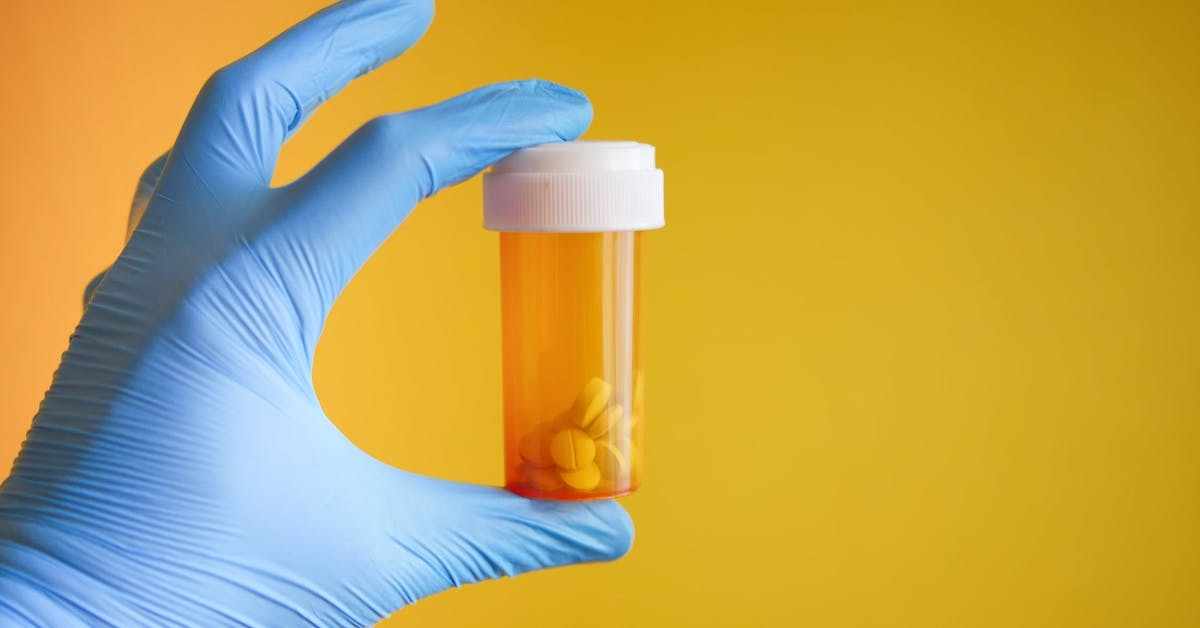ReliefSeeker.com and all content herein is intended for audiences 18 and older. ReliefSeeker.com does not offer medical advice, always consult your doctor before undergoing any medical treatment or consuming any medication. ReliefSeeker.com publishes news, information, and reviews about healthcare service providers for entertainment purposes only. You may see paid advertisements for companies that offer medical advice and services, but ReliefSeeker.com, its owners, and its editorial team do not endorse them nor certify their efficacy. This page contains affiliate links & promo codes - if you use them and make a purchase at that company, ReliefSeeker.com may be compensated.
DO NOT CONSUME CONTROLLED SUBSTANCES LIKE ADDERALL WITHOUT A PRESCRIPTION & CONSULTATION FROM A LICENSED MEDICAL PROFESSIONAL.
Attention deficit hyperactivity disorder sometimes referred to as attention deficit disorder, is one of the most common neurodevelopmental disorders affecting people around the world. People of all ages can be adversely affected by ADD or ADHD, but the most common time it tends to emerge is usually during one’s early childhood.
According to a past national CDC survey, nearly one in 10 children across America were believed to struggle with ADD/ADHD, and it’s probable that number has increased in the few years since that report. Here are some numbers regarding how those populations spread out across age:
- 388,000 children from 2-5 years of age
- 2.4 million children from 6-11 years of age
- 3.3 million children from 12-17 years of age
Young boys also face a greater risk of suffering from ADD/ADHD than girls, 12.4% vs 5.6%, relatively speaking. The bottom line is that ADD/ADHD is a remarkably common and prevalent neurodevelopmental disorder amongst young people, and one of the most commonly prescribed remedies for it is amphetamine/dextroamphetamine, or a combination otherwise known as Adderall.
This medication, along with similar prescription stimulants like Ritalin and Vyvanse, is administered to millions of patients every year to improve their ADHD symptoms and sharpen their concentration. This medication can be administered in the form of immediate-release oral tablets, or as extended-release swallowable capsules.
Whether you’re after an Adderall script to treat your own adult ADHD symptoms or your child’s, here’s what you’ll want to know about the medication’s effect on the brain, its potential off label uses (if there are any), and its potential risks and benefits.
What Adderall Does To The Brain
Through its potent combination of amphetamines and dextroamphetamine, Adderall (like many stimulants) administers its therapeutic effects by increasing the prevalence and activity of neurotransmitters in the brain, vital compounds like dopamine, serotonin, and norepinephrine.
A healthy balance of these compounds is vital for improving overall nervous system communication, and thus, the brain’s concentration and attention span. Adderall primarily triggers this effect in the brain’s prefrontal cortex, which plays a crucial part in modulating attention, impulse control, and the more intricate, complex cognitive functions of the mind.
This increased neurotransmitter activity also lessens fatigue and boosts wakefulness, so in addition to being an effective treatment for attention deficit hyperactivity disorder (ADHD/ADD), Adderall can also make for an effective remedy to treat the symptoms of narcolepsy, a sleep disorder that triggers intense, maladaptive drowsiness during the day.
Given its efficacy in treating those two particular disorders, patients considering an Adderall prescription might be wondering about the drug’s efficacy in treating other disorders. In short, while the drug is highly effective ADD, ADHD, and narcolepsy - it is far from a cure-all.
Can Adderall Cause Depression? Can Adderall Help With Anxiety?
A wide body of research (including this BMC Journal, for instance), has linked ADD/ADHD with a number of comorbid mental health conditions, with perhaps the most prominent two being anxiety and depression. You probably don’t need to be a professional psychotherapist or clinical researcher to infer why continual disruptions to one’s concentration could negatively impact their broader mental wellbeing.
Unfortunately, the researchers observed that while Adderall can be a highly effective remedy for treating the symptoms of ADHD or narcolepsy, it wholly lacks that effectiveness in alleviating the symptoms of anxiety and depression. Adderall effectively has zero beneficial effect on the symptoms of anxiety, and may potentially worsen them if one abuses or misuses this medication.
Adderall abuse has also been known to pose a similar risk with worsening the symptoms of depression. Because Adderall artificially elevates levels of dopamine in your brain, your brain will begin to produce less natural dopamine. When someone misuses Adderall, suffers from withdrawal, or builds up an excessive tolerance, the diminished effect of the drug can cause your dopamine levels to plummet, triggering the chemical imbalances that exacerbate conditions like anxiety and depression.
You can find a more in-depth guide on this phenomenon, as well as more Adderall side effects, on this americanaddictioncenters.org page. If you’re struggling with Adderall dependency or believe you need additional support overcoming other substance use issues, you can contact their helpline at 888-497-9846.
In general, it’s always wise to use medications in the intended way they were meant to be used. Per the FDA’s official product indications found on their Access Data portal, “ADDERALL® is indicated for the treatment of Attention Deficit Hyperactivity Disorder (ADHD) and Narcolepsy"; nothing more, nothing less.
Likewise, if you take the time to read the official dosing considerations found in the product monograph provided by Takeda Pharmaceuticals (the parent company which owns Shire Plc, the current manufacturer of Adderall), they specifically denote that “ADDERALL XR should be administered starting at the lowest possible dose. Dosage should then be individually and slowly adjusted, to the lowest effective dosage, since the individual patient response to ADDERALL XR varies widely.”
You should always diligently follow the guidelines set forth by your trusted primary care physician, and if you think those guidelines should be re-evaluated or tweaked around somewhat to suit your own personal health needs better, be sure to let your provider know ASAP. They can help you narrow down the best treatment options for you, as well as the right dosage amounts for you.
Will Adderall Increase Blood Pressure?
Like most drugs classified as stimulants, Adderall can tighten and constrict your blood vessels, thereby raising blood pressure and heart rate. Like most stimulants, Adderall is not a recommended treatment option for those who are at risk of suffering from hypertension and other cardiovascular health issues.
Harkening back to Takeda’s Adderall product monograph, “patients who develop symptoms such as exertional chest pain, unexplained syncope, or other symptoms suggestive of cardiac disease during ADHD treatment should undergo a prompt cardiac evaluation.”
Consult a trusted primary care physician to determine whether or not Adderall is a safe treatment option for you. In addition, besides cardiovascular health risks, here are some additional Adderall-associated side effects to watch out for.
Adderall Side Effects
If you experience any of the following side effects while using prescribed Adderall, consult your provider right away:
- Loss of appetite
- Dry mouth
- Stomach discomfort
- Heightened anxiety
- Substance abuse
- Headaches and nausea
- Sleep disturbances
We would strongly recommend consulting a trusted pharmacy or primary care provider to determine whether not Adderall could be right for treating your narcolepsy or ADHD. If you’re looking to obtain this prescription through the telehealth resource route, our provider database will point you toward over 200 of them.
One provider that can cover all of your telehealth bases is Antidote Health. Antidote Health is truly committed to closing the gaps faced by the underinsured and uninsured in our country’s healthcare system, offering prescription discounts and online doctor visits for as low as $35 a month.
Check out our full Antidote Health review to determine whether or not this telehealth provider is right for you, and if you like what you see, sign up with code “RELIEFSEEKER” to get $10 off your first consultation.


